Menu
Menu

BioTechUSA, a Hungarian-owned company, has recently achieved significant success by announcing a multi-year partnership with FC Barcelona. One of the world’s biggest football clubs will source a range of sports nutrition supplements, including proteins, vitamins, and recovery support products, from the Hungarian company in the coming years.
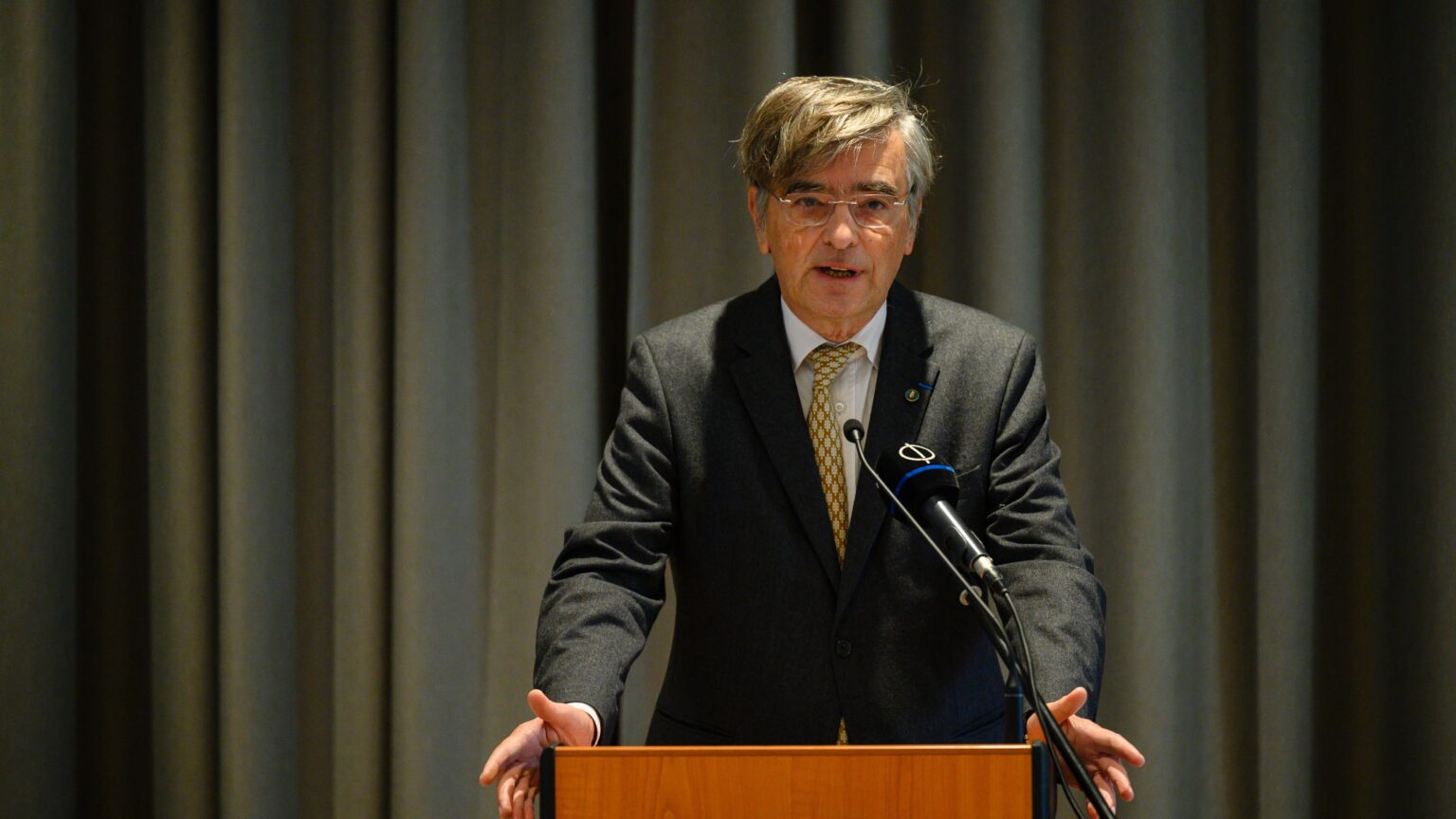
György Károlyi highlighted in an interview with French right-wing website Boulevard Voltaire the absurdity of the ECJ fine, adding that in his opinion, the leaders of the European Union ‘still do not understand that a country cannot be bought with money.’
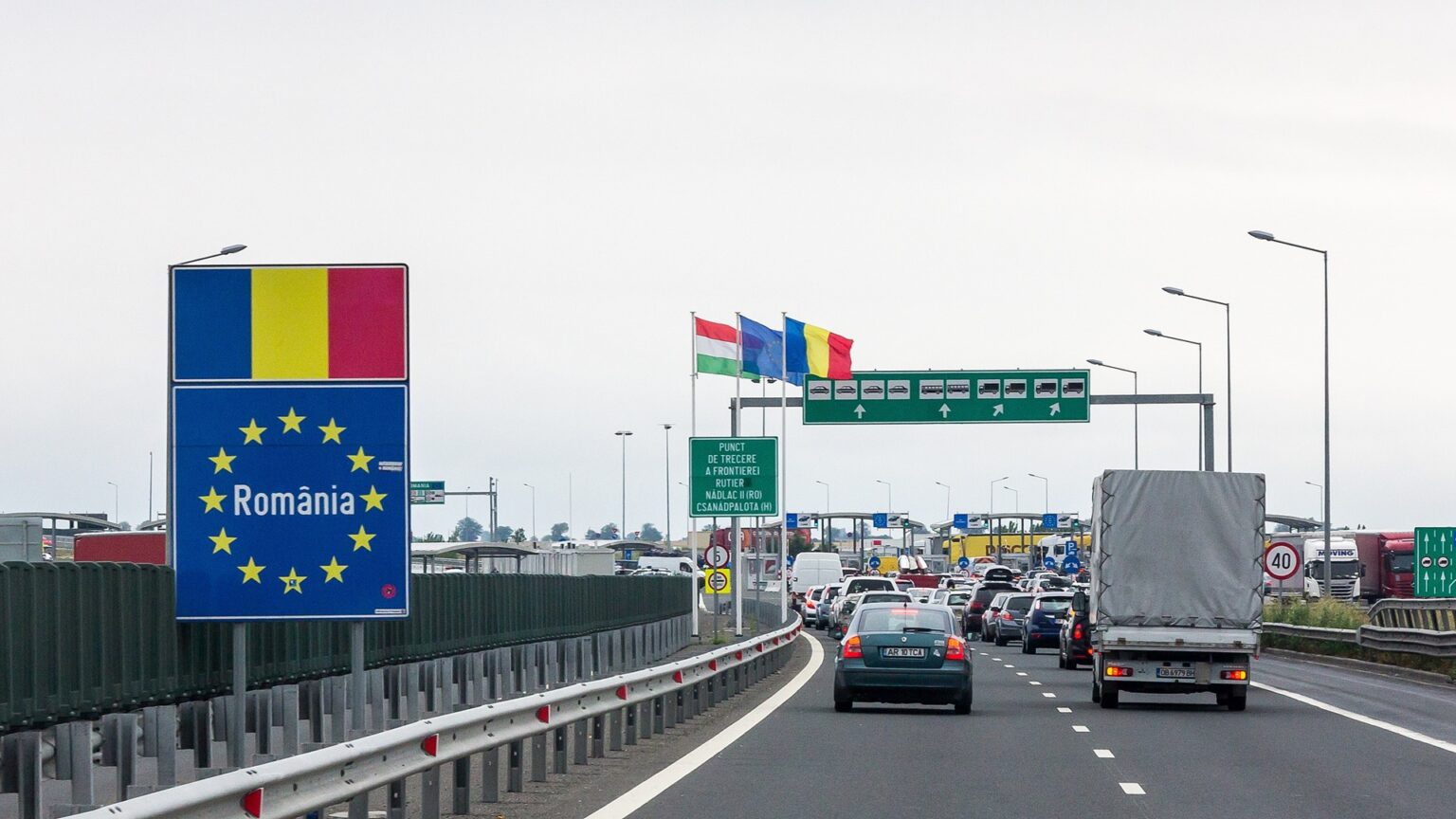
While Romania did partially join the Schengen Area in March 2024, eliminating border checks for sea and air travel with other nations within the zone, Foreign Minister Péter Szijjártó of Hungary would like to see the check-free travel extended to land transportation as well. He believes that it would facilitate trade between Hungary and Romania; and would make it easier for ethnic Hungarians living in Romania to visit their motherland.

The police press release issued after the arrest revealed that the 32-year-old man had stabbed a Hungarian man in the back with a sword in 2011, leading to the victim’s death.
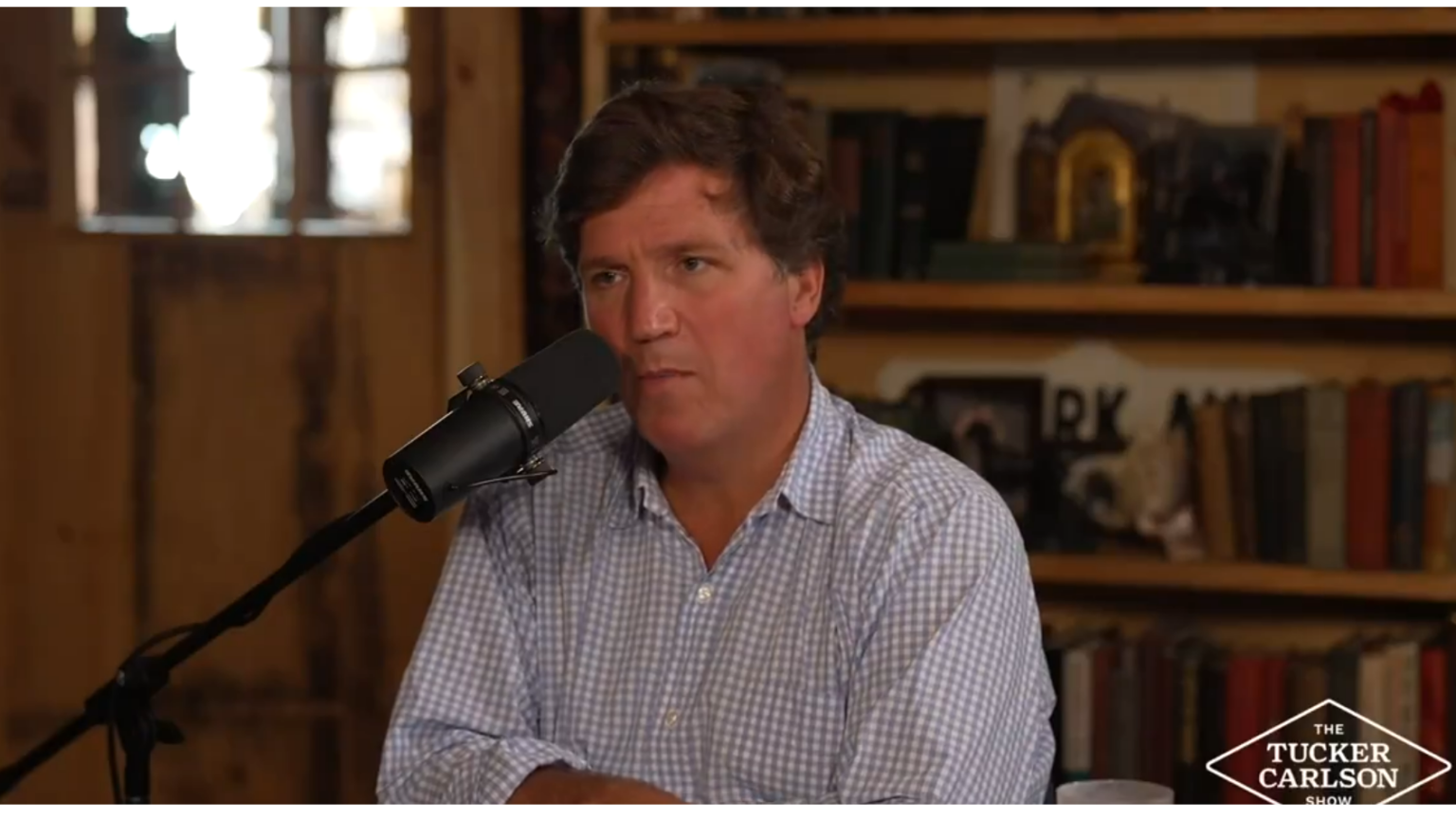
In his interview on The Tucker Carlson Network with Darryl Cooper, Carlson shared his perception of three major right-wing political figures he has interviewed, Viktor Orbán, Donald Trump, and Vladimir Putin. He believes that as opposed to how the mainstream media likes to portray them, none of them are particularly radical, rather ‘sincere nationalists’ who ‘want to do the best for their countries’.

The need to regulate mobile phone use has become evident based on experiences from recent years, as excessive use has been shown to significantly hinder children’s academic performance and negatively impact their physical and mental well-being.

According to a statement from the Ministry of Foreign Affairs and Trade, BMW is building a solar power plant in Debrecen, Hungary, spanning an area equivalent to 71 football fields. It will be the largest within the BMW Group, and the largest industrial solar power plant in Hungary. further affirming Hungary’s position as a global leader in the green economy.

‘For peace, a ceasefire is needed first. Only then can a peace plan be developed to end the conflict. Anyone who does not accept this is not familiar with the science of peacemaking,’ Balázs Orbán wrote in his analysis for Mandiner.

In the US Presidential election of 1876, the final vote count could not be decided in three states—Florida, Louisiana, and South Carolina—due to rampant voter fraud. A special ‘Electoral Commission’ rewarded all 19 electoral votes to Republican Rutherford B. Hayes, despite him losing the popular vote to Democrat Samuel Tilden. Hayes won the Electoral College by a single vote. In order to avoid a second civil war, Hayes ended reconstruction, the military occupation of the South by the North after the American Civil War.
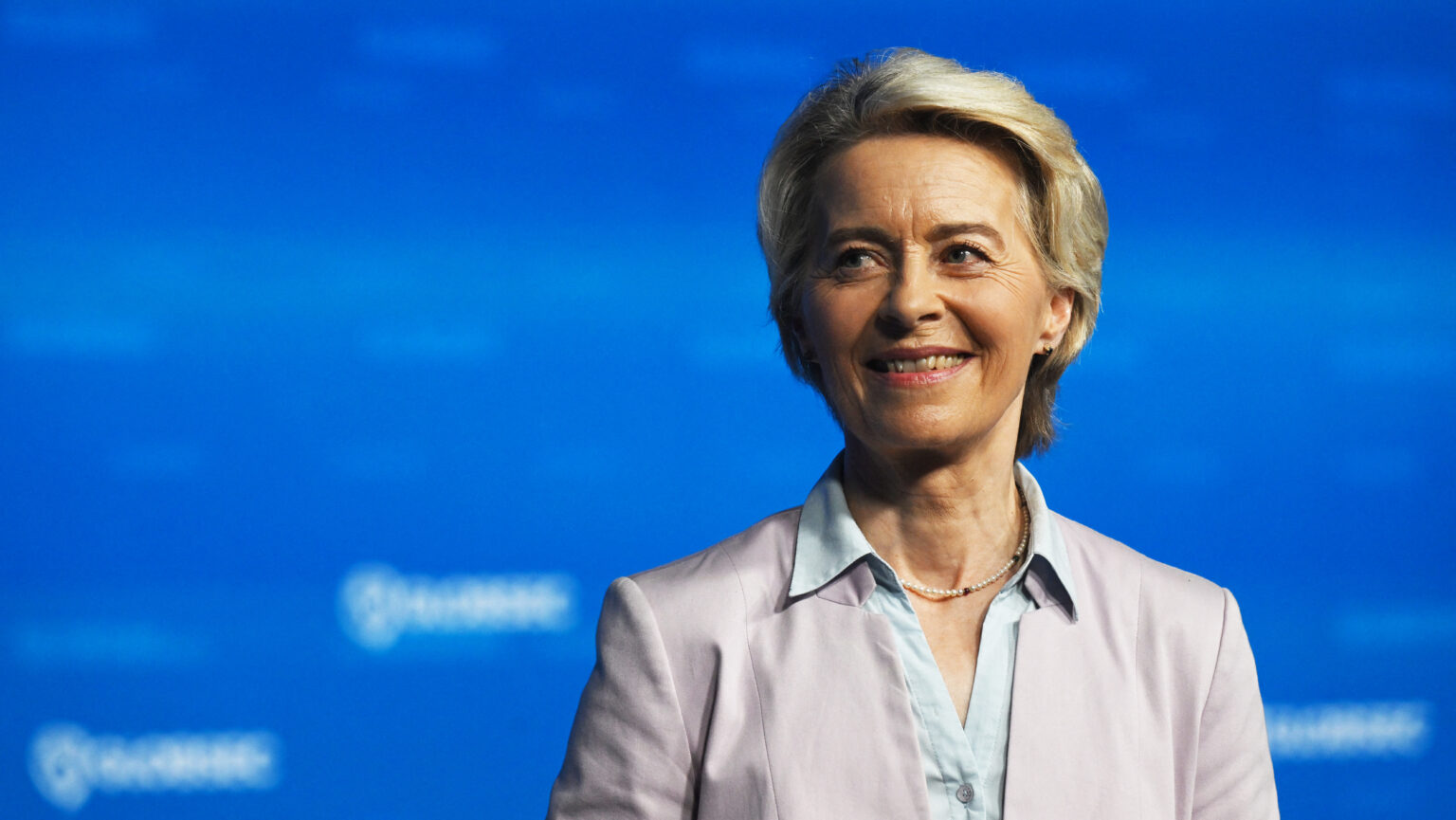
German newspaper Die Welt has obtained exclusive information on the planned composition of Ursula von der Leyen’s next Commission. Citing senior EU officials, the article outlines the potential commissioner-designates for key posts, presenting a scenario that could be bittersweet for Hungary over the next five years.

‘If Hungary does not receive more oil from Russia, we will simply not survive; we will not be able to supply the country,’ Hungarian Minister of Foreign Affairs and Trade Péter Szijjártó emphasized in an interview with the Russian TV channel RBK. The minister stressed that currently, there is no alternative route capable of supplying Hungary with sufficient oil other than the pipeline that runs through Ukraine.
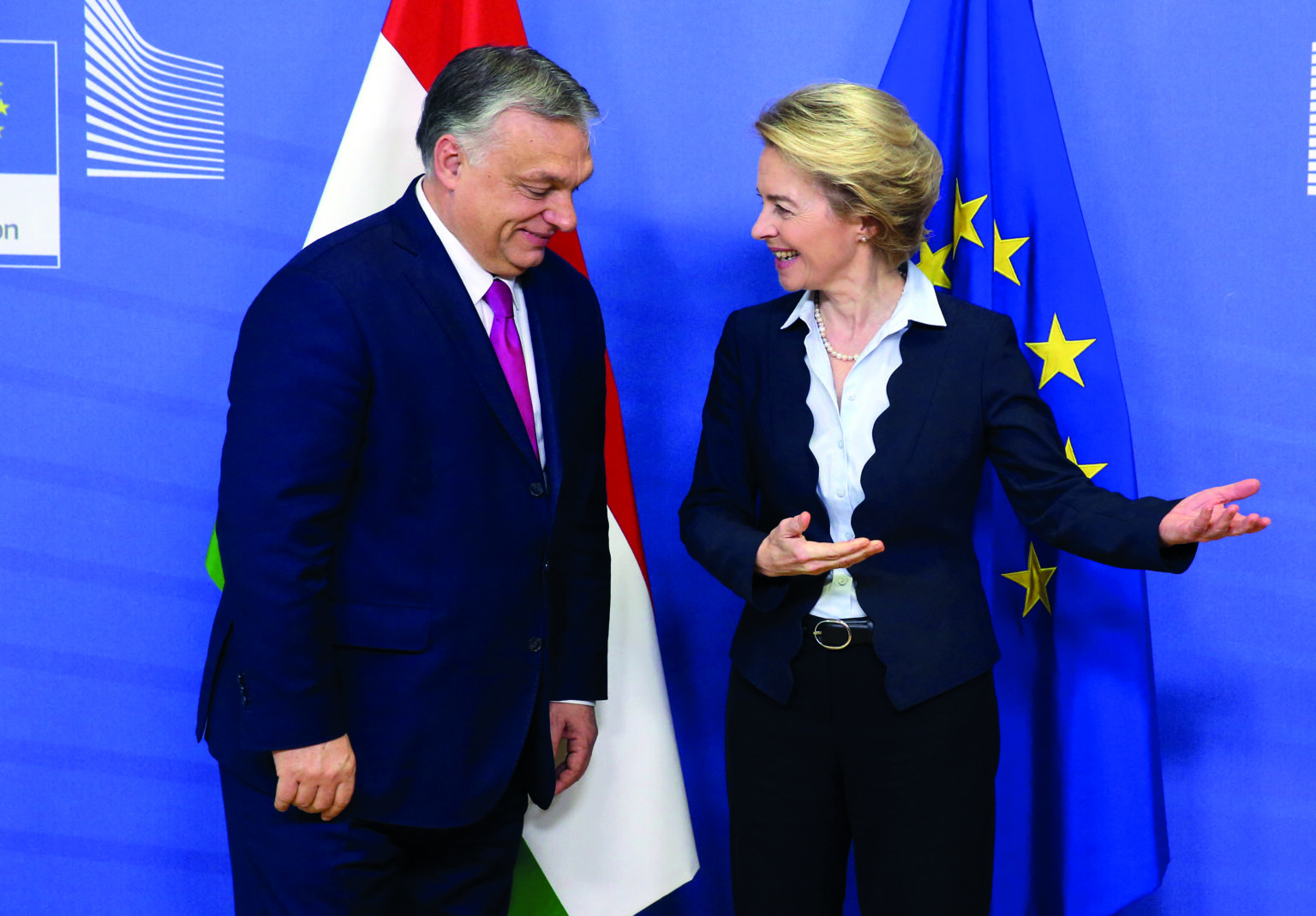
The prospect of Hungary complying with the ECJ ruling appears increasingly unlikely, as the government shows no sign of relenting. In fact, the issue may escalate into a broader political confrontation.
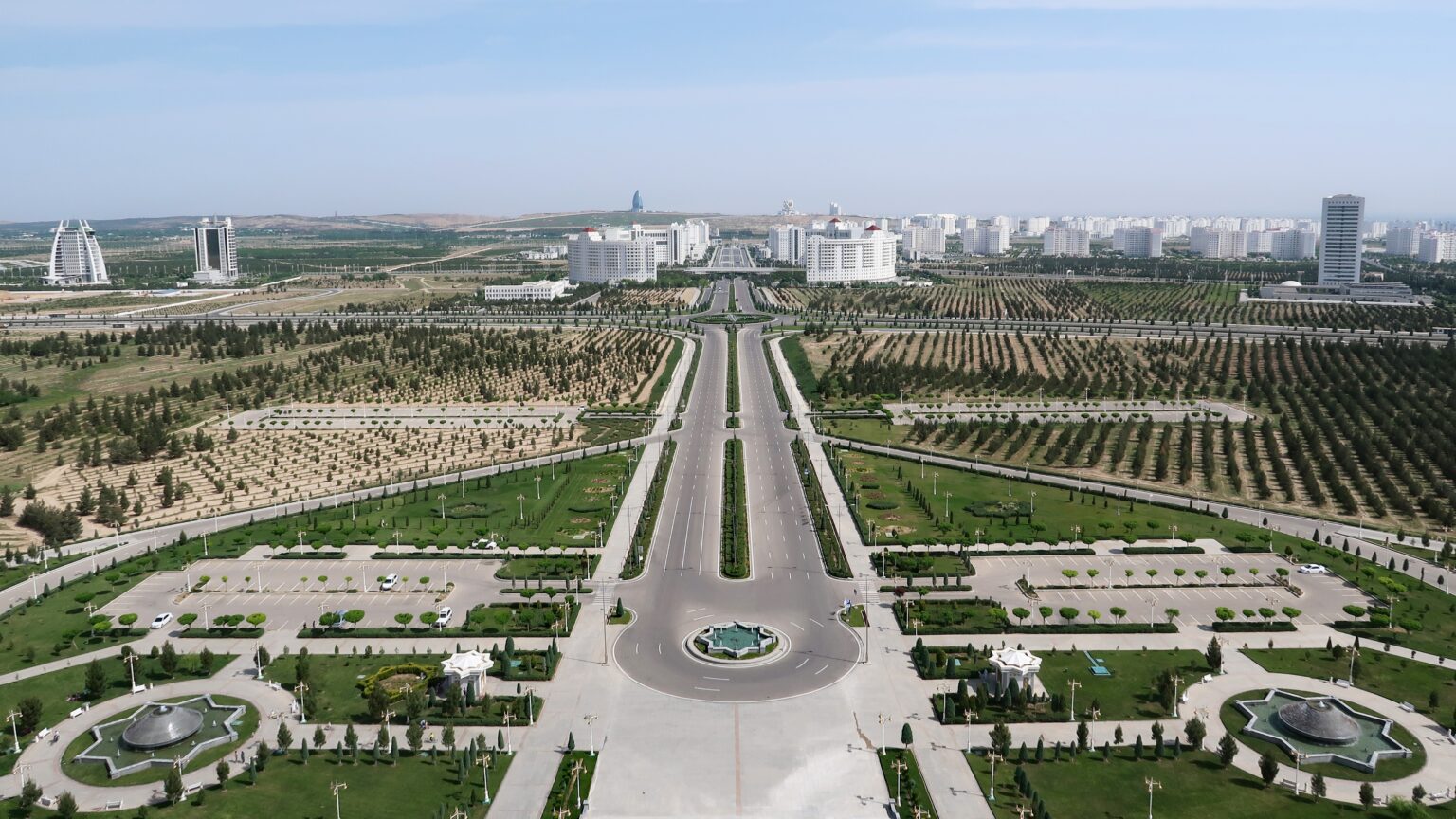
As Hungary holds the presidency of the Council of the EU, it can leverage its influence to set the EU’s agenda in favour of increased imports of Turkmen gas, presenting it as a strategic and cost-effective alternative to Russian energy dependence. This would not only support Hungary’s energy strategy but also align with the broader EU goals of securing diverse and reliable energy sources while enhancing its presence in the geopolitically significant Central Asian region.

Axios has recently published a story in which the chair of the Harris-Walz campaign calls Democrats ‘the clear underdogs’ in the presidential election. While Harris is performing well in public polling, rumours are that her team’s internal numbers tell a different story. This is also evidenced by the fact that she is making a campaign stop in New Hampshire, a state that is supposedly safe blue in 2024.

In 2016 the Hungarian government embarked on a military development programme driven by the need for a strong military capable of protecting the lives, property, and culture of Hungarian citizens, as well as fulfilling the country’s NATO obligations. The setting up of the Territorial Defence Forces Command was part of this effort.

Over the weekend, the Israeli Defense Forces found the bodies of six Israeli hostages killed by the Hamas terrorist organization in the Gaza Strip town of Rafah. In their initial reports major international media outlets were reluctant to spell out Hamas’s responsibility in their headlines, unsurprisingly for those who have been following the conflict and the media coverage attentively from the beginning of the war. This most recent example highlights the mainstream media’s growing tendency to deny or distort reality when it suits them.

The decision to ban mobile phones was made by Education Minister Giuseppe Valditara in July. From September this year, students in kindergartens and the first five grades of primary schools are not allowed to use mobile phones, even for educational or learning purposes. Tablets, computers, and other technological devices may be used under teacher supervision. Hungary has also introduced a similar measure recently.

Through the app made available by the Hungarian government citizens will be able to access all their important information, such as their personal ID number, their public health care ID number, and even information about their vehicle. The aim of the initiative is to ease the reliance on physical copies of important documents.

The case of the Algerian boxer Imane Khelif was undoubtedly one of the biggest scandals of the summer, dominating headlines in major media outlets for weeks. Hungarian Conservative sat down with former Olympian Zsuzsa Csisztu to examine the controversial athlete’s rise and its impact on women’s sports from the perspective of a female athlete.
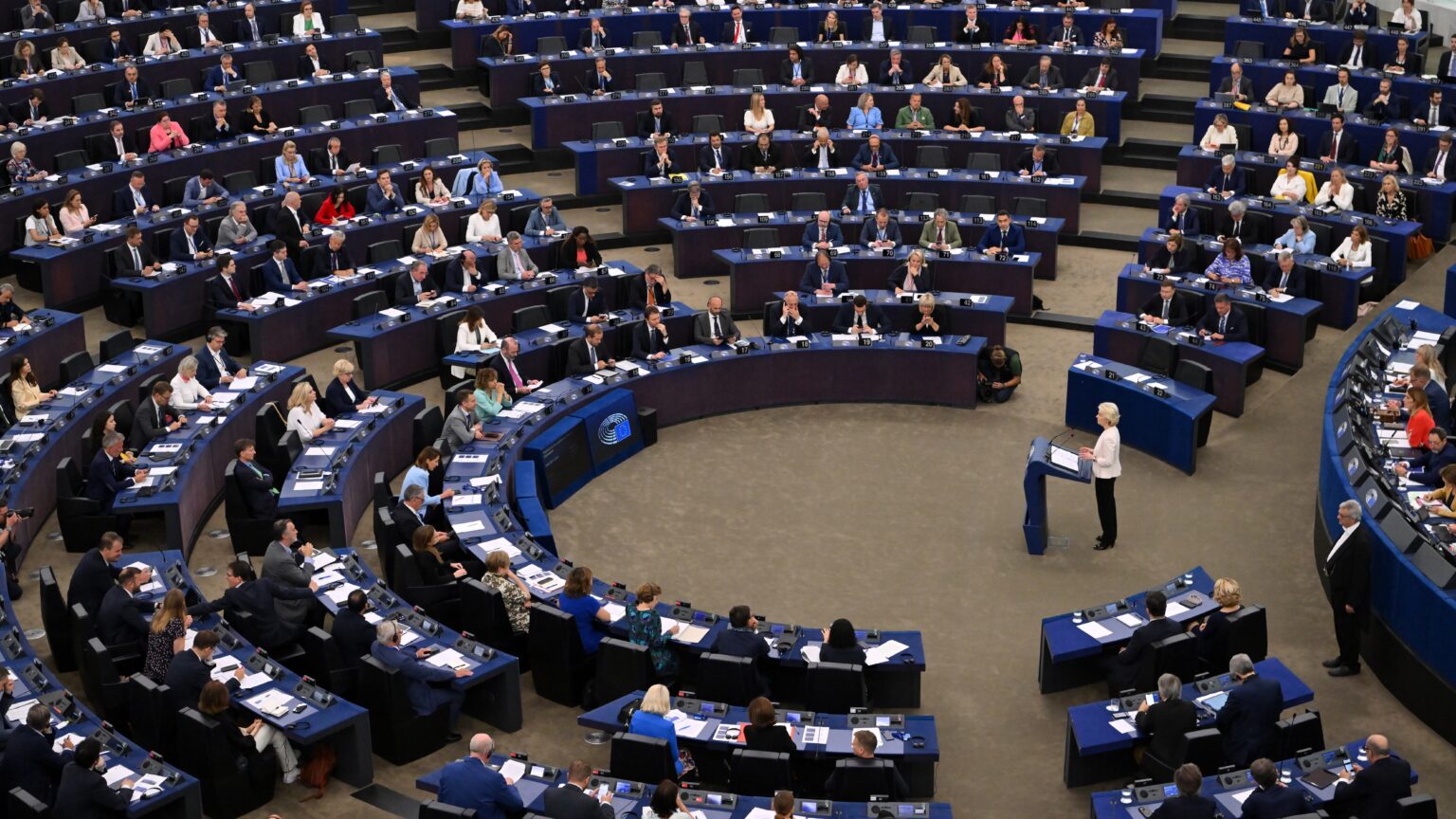
At the end of July Viktor Orbán announced that he would nominate again Olivér Várhelyi, the former Commissioner for Neighbourhood and Enlargement Policy. Hungary would retain the position in charge of enlargement policy in the new Commission, but this ambition may be thwarted. Currently it seems that the majority of Member States and the EP are reluctant to give Hungary any strong commissioner position, and many predict that Várhelyi will be given a hard time during his parliamentary committee hearing.
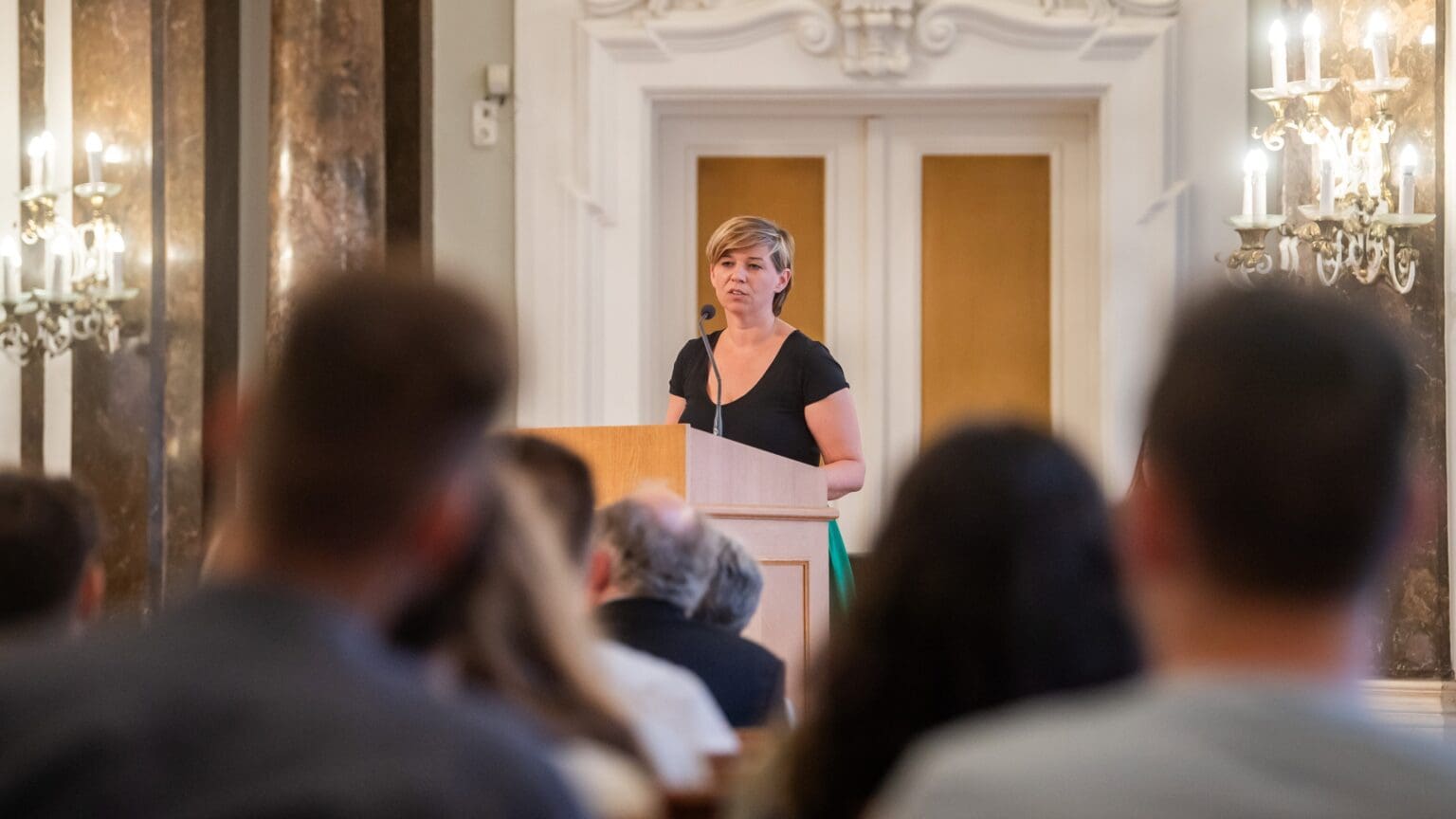
Speaking at the festive senate meeting marking the start of the academic year at the University of Pécs on the Day of Hungarian Higher Education, State Secretary Varga-Bajusz noted that higher education serves students, families, teachers, the Hungarian economy, and the Hungarian nation—essentially, it is ‘for us, our present, and our future.’
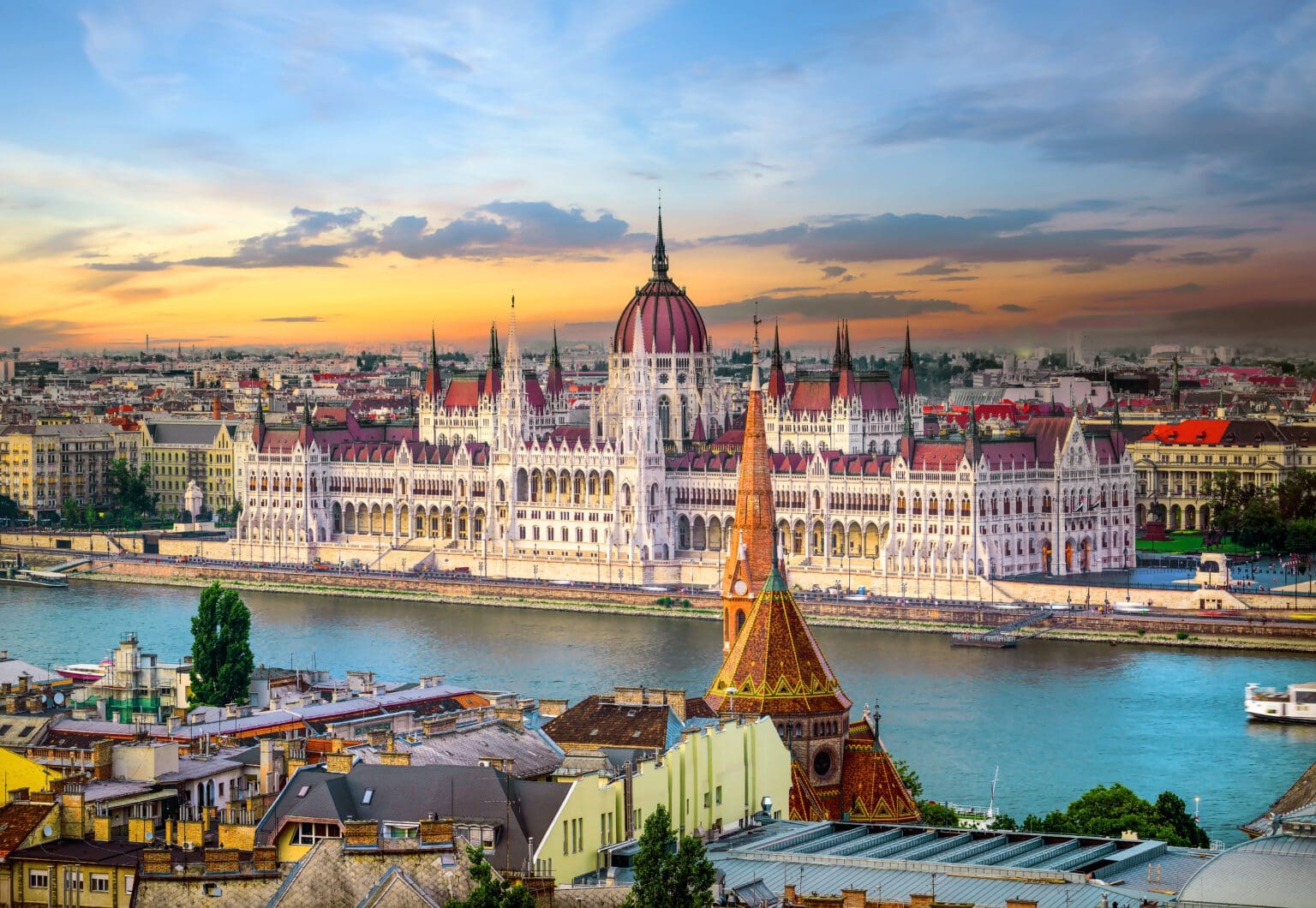
During the week innovation events will be hosted by organizations such as EduTech Hungary, the Hungarian Venture Capital and Private Equity Association (HVCA), the Vienna Business Agency, the Hungarian Project Management Association, RInnoValleys, and the Hungarian Business Angel Network (HUNBAN).
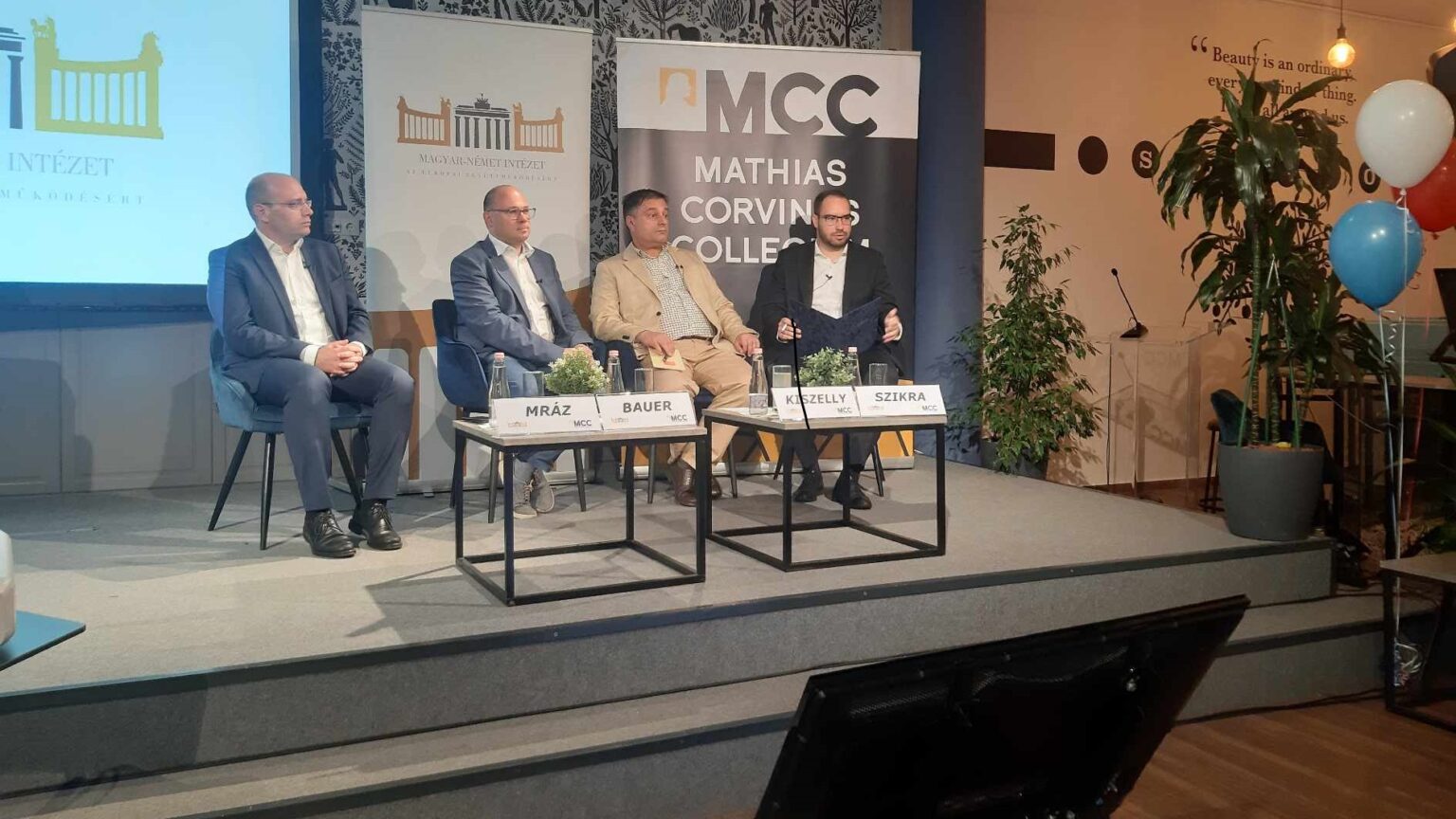
The radical right-wing Alternative für Deutschland (AfD) party got the most votes in the state of Thuringia, and came in close second in Saxony. Experts Ágoston Sámuel Mráz, Bence Bauer, and Zoltán Kiszelly shared their thoughts as the results were coming at an event organized by MCC.
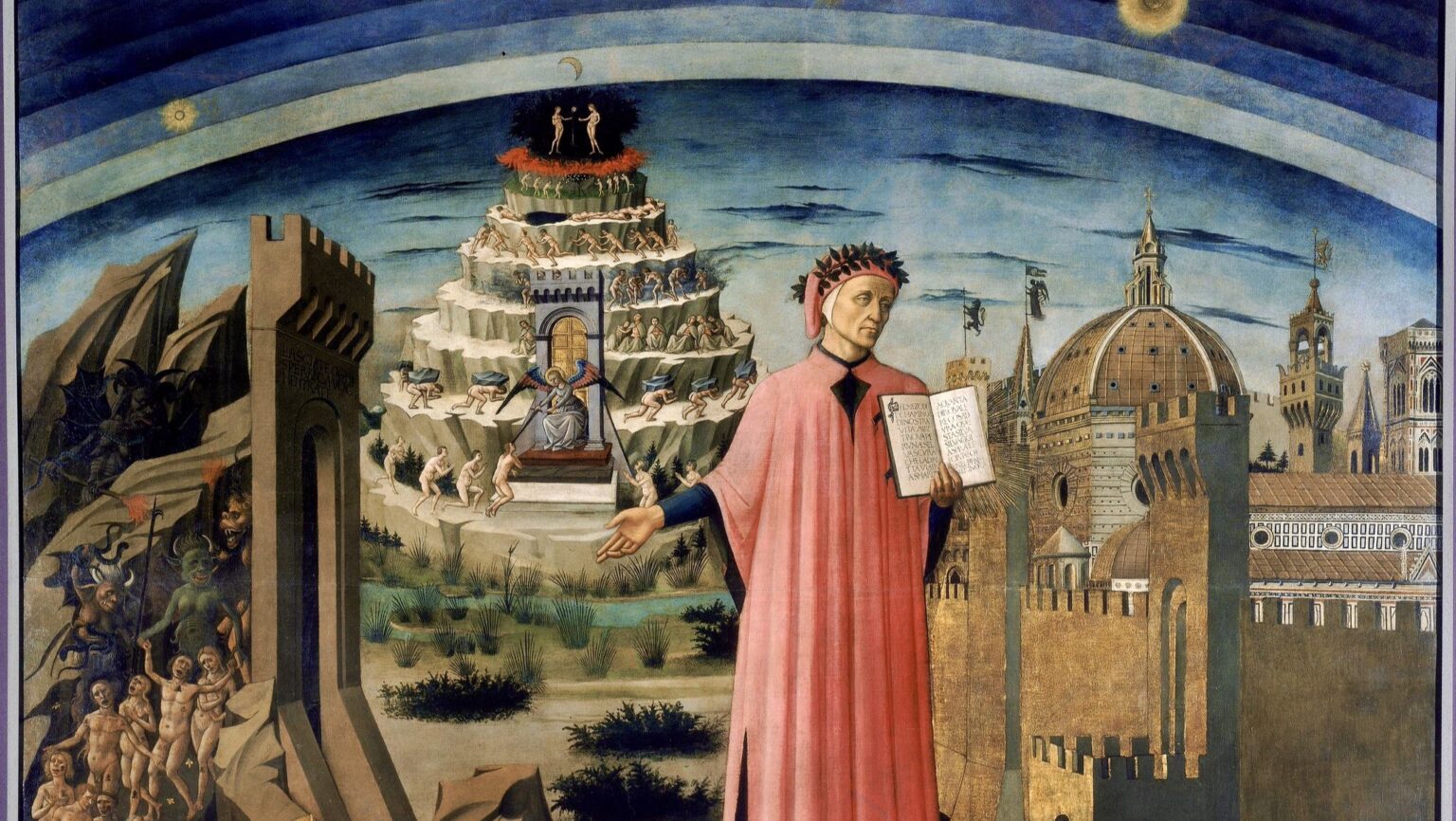
‘To discover this need to escape the darkness, one must first descend. One of the themes of Kontroll is descent, in both a literal and figurative sense. Another tale featuring this theme is La Divina Commedia (The Divine Comedy) by Italian writer and poet Dante Alighieri (1265–1321). In many ways, Kontroll is a re-telling of The Divine Comedy, with a message of redemption that can be applied to the individual, and to Hungary itself.’

‘Most wishing to migrate to the U.S. are seeking a better life, contrary to the regional violence, corruption, and economic devastation in their home countries. If U.S. and Central American governments are able to institutionalize a ‘Marshall Plan’ as Washington had done for Europe after World War II, then perhaps a workable solution is possible. However, the U.S. needs to take the lead in this, though it would be unable to do so long as members of both Democratic and Republican Parties continue to childishly bicker with one another.’
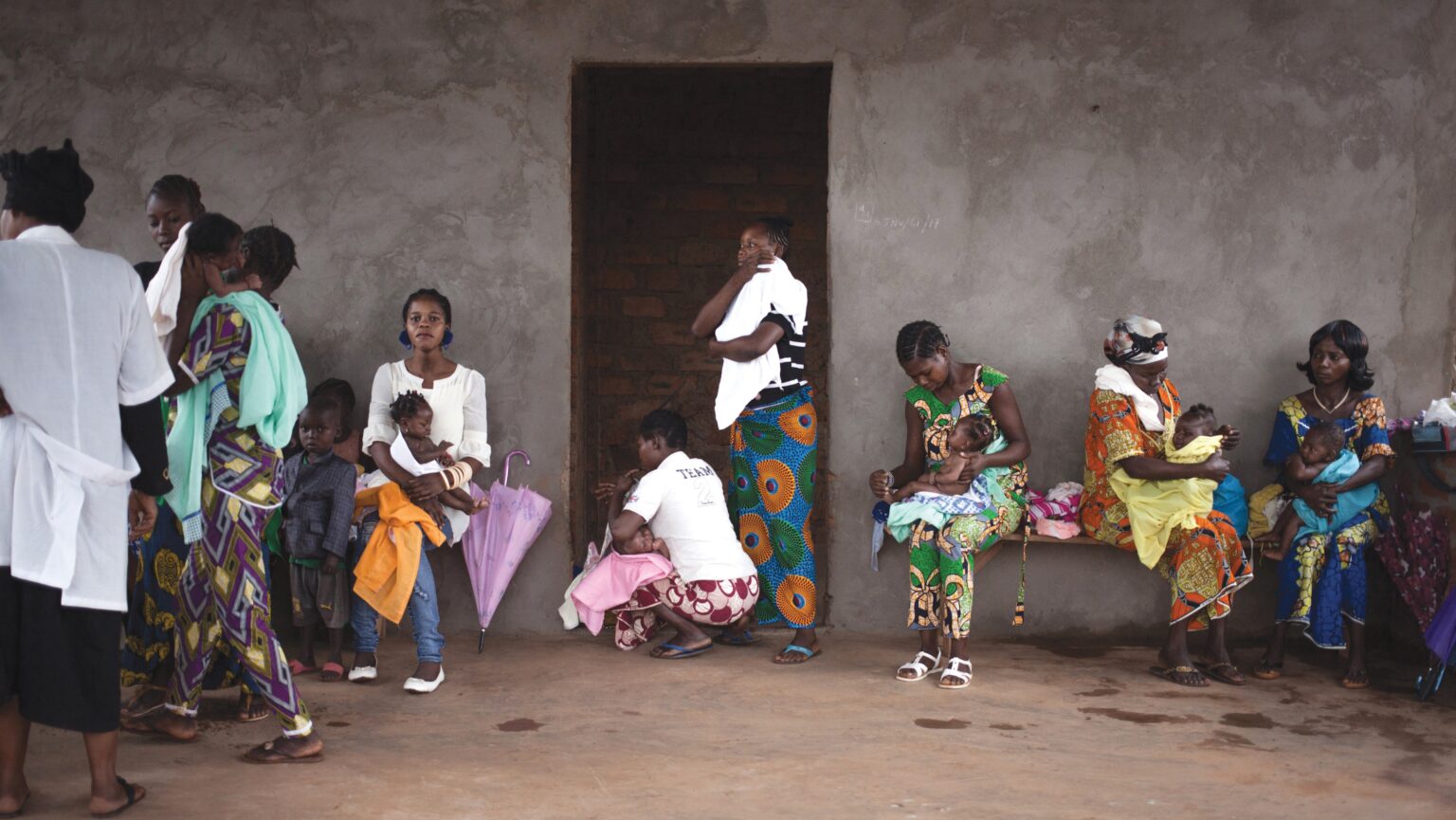
‘The main reason why Africa has barely been affected by the demographic transition is to be found in its historical circumstances. The continent only joined the capitalist world system in the mid-to-late nineteenth century—the latest of all the important global regions. As a result, the typical consequences of adopting this model were significantly delayed in Africa.’

An in-depth interview with pianist and choir director Zsuzsánna Balla, who has lived in the United States for more than twenty years, and yet she and her family have preserved and continue to foster their Hungarian heritage, and are active and enthusiastic members of the Hungarian American community.

‘Just as liberalism did not succeed in transforming people after socialism, neither did the competing anti-liberal, post-Christian, nihilistic trends. The solution is certainly not political or movement-based: those had already failed by the middle of the twentieth century.’
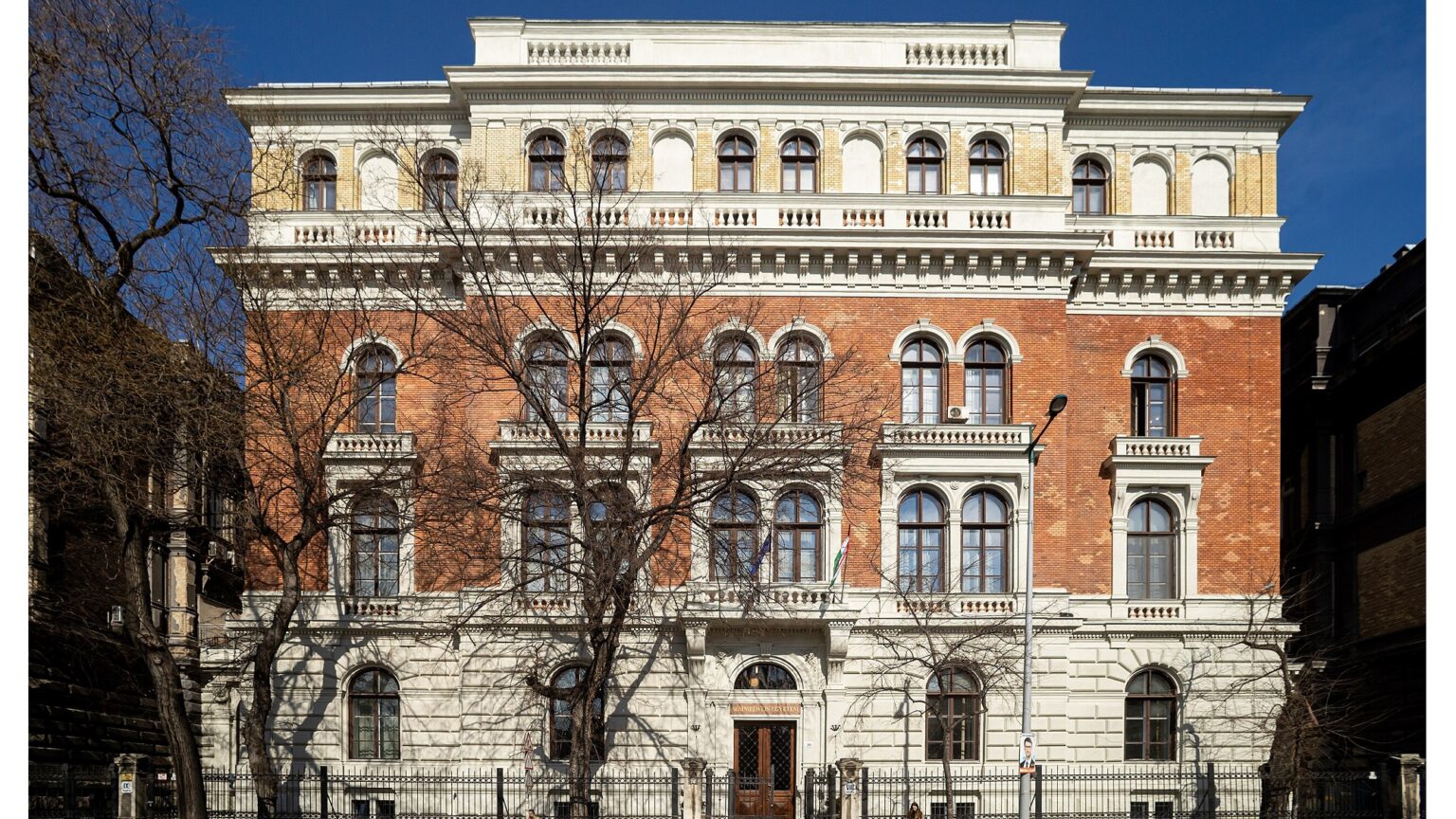
From this year onwards, Hungarian universities and colleges have full discretion in how to award the 100 ‘extra points’ in the admission process. Minister of Culture and Innovation Balázs Hankó of Hungary lauded the new system, saying it provides ‘flexibility, competitiveness and institutional autonomy’.
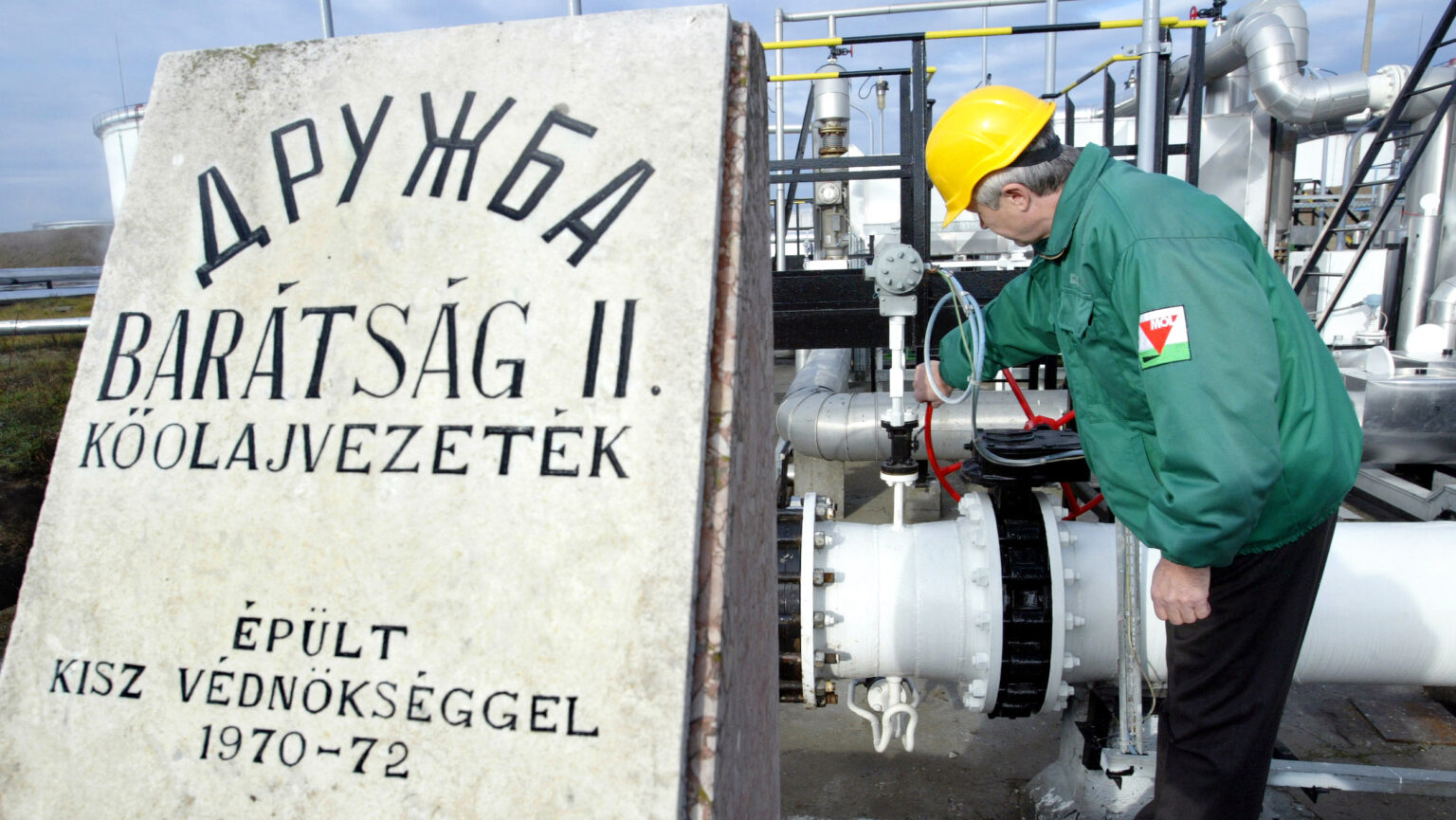
According to Ukrainian presidential advisor Mykhailo Podolyak, Kyiv plans to shut down the Druzhba oil pipeline starting from 1 January 2025. This pipeline is a key route through which Russian oil reaches Europe, including Hungary, Slovakia, and the Czech Republic. Hungarian oil and gas company MOL stated that it has not been informed of this decision and that transport is currently running smoothly. Hungarian Minister of Foreign Affairs and Trade Péter Szijjártó has assured that Hungary’s energy supply remains secure.

Hungarian Conservative is a quarterly magazine on contemporary political, philosophical and cultural issues from a conservative perspective.